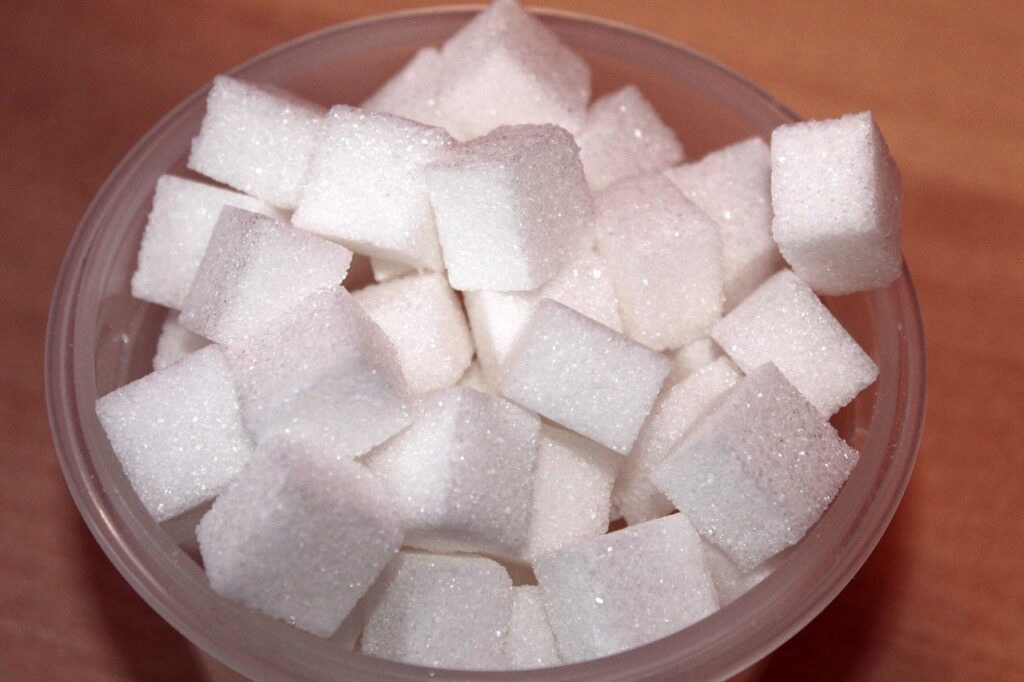An Israeli startup that uses enzymes to transform high-calorie sugar into a less impactful version has partnered with one of the America’s biggest biotech companies to scale its product.
Ambrosia Bio turns common sugars into allulose, a rare substance that only occurs naturally in small amounts in figs, raisins, wheat maple syrup, and molasses. Unlike other sweeteners, allulose has a low caloric value, meaning it minimally impacts blood glucose and insulin levels while keeping the sweetness.
Under the new partnership, American biotech firm Ginkgo Bioworks will help the startup develop a cost-effective method to expand the global availability of allulose.
Mass production of allulose is today an expensive and arduous process, as many of the enzymes used to convert carbohydrates into the rare sugar are unstable or ineffective. But Ambrosia Bio believes it can develop a more scalable and affordable commercial allulose solution.
Ambrosia Bio’s sugar product is already being tested by a number of companies, including one of the world’s largest food and beverage producers and a global sugar manufacturer.
“Ginkgo has established itself as a global leader in the synthetic biology ecosystem and precision fermentation space,” said Ziv Zwighaft, founder and CEO at Ambrosia Bio.
“With end-to-end capabilities, Ginkgo is a one-stop shop that can enable Ambrosia Bio to expand global allulose availability,” he said.
“Ambrosia Bio’s high-performance enzymes and its conjugated allulose production process have the potential to significantly reduce the cost associated with the mass production of allulose, paving the way to reduced-sugar products without compromising taste or other key sensory traits,” said Mervyn de Souza, Senior Director of Business Development at Ginkgo Bioworks.
Ambrosia Bio was founded in 2020, and is based in Jerusalem.
Related posts

Israeli AI Safety Tool Among TIME’S Best Inventions For 2024

TAU Team Discovers Mechanism To Eliminate Cancerous Tumors

Ashdod Port Investing In Startups As Part Of Innovation Strategy




Facebook comments